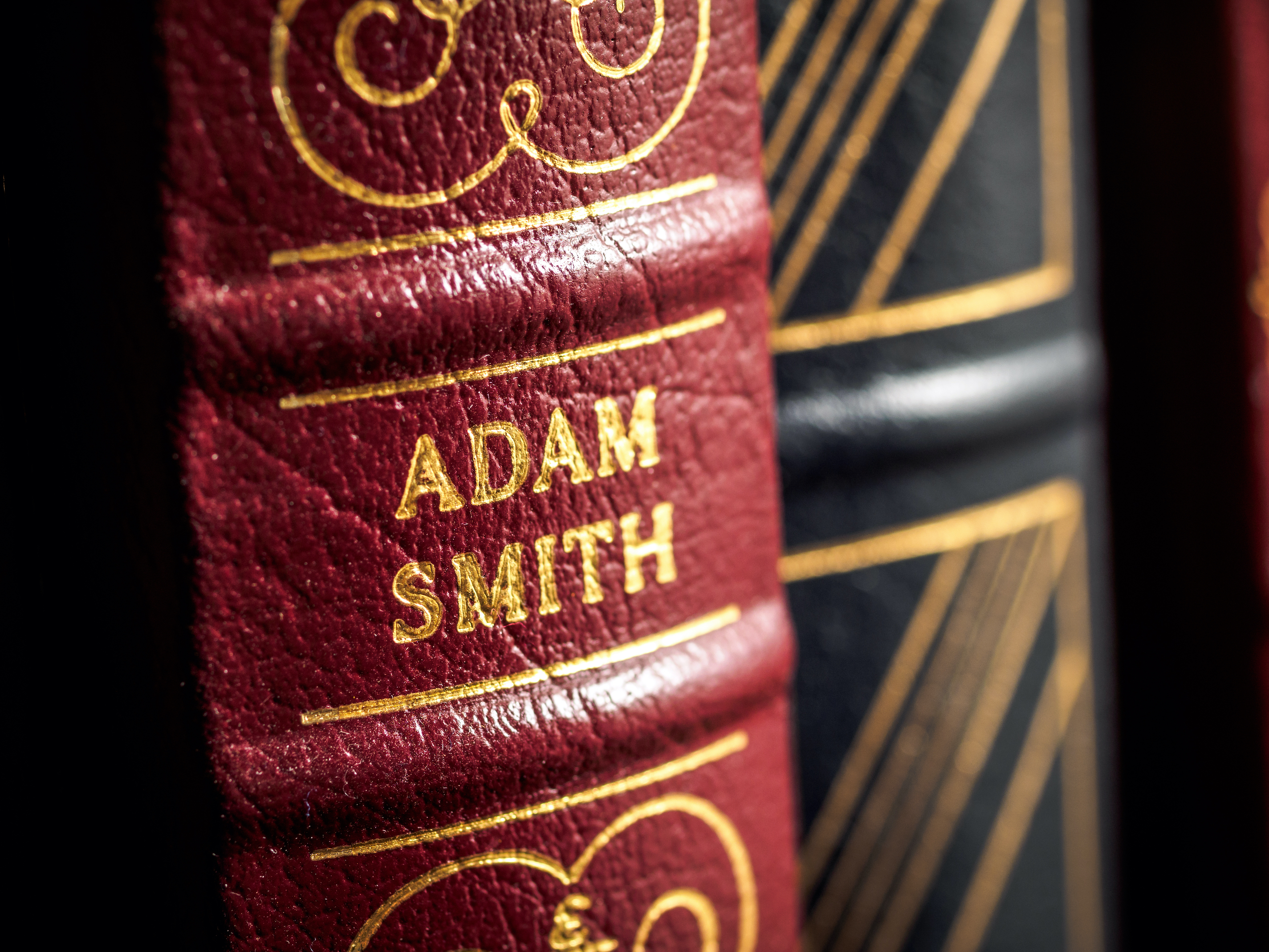The economics of religion is a new field of economics research. It looks at how to apply economic theories and statistical tools to evaluate the role of religion in society. The reason economists believe this is important is because about 200 years ago, a very great economist, Adam Smith, first suggested religion be examined from an economic perspective. He wrote about fundamental ideas such as religious competition and incentives for behaving and working with religious organisations.
After that, however, economists ignored religion for a very long time. Then, in the late 1980s and 1990s, there was a resurgence of interest in the subject. This field is now trying to take ideas central to economics – notions of club goods, competition, incentives and costs and benefits – and apply them to the study of religion.
Costs and benefits
Goods and services and economics are usually thought of in terms of costs and benefits. When economists study religion, we’re using a similar kind of framework. We find religions offer the benefits from praying, the benefits people may feel from the afterlife, the benefits from belonging to religious communities and so forth. On the other hand, the "costs" economists consider, are the stigmas and the sacrifices that people have to make to be a member of a particular religious community.
Moreover, this idea of costs and benefits is related to the notion of the "club good", a good that many people can consume. A club good also has the characteristic of excludability. For example, only members of a religion can consume a particular religious product. Furthermore, a religious organisation might exclude certain members from joining.
Overall, a club good in this context has high excludability but low rivalry in terms of consumption. The economics of religion essentially argues that some religions might impose costs for people to become members.
The flow of money
When thinking about the movement of money, it’s evident that traditions of faith encourage donations. In religions such as Islam, there are mandatory contributions: about 2.5% of annual income. Still, contributions can also be voluntary contributions. In general, donations support the faith-based activities of religions.
Moreover, most religions don’t only encourage donations of money, yet frequently encourage donations of time. Voluntary activity with a faith-based organisation, for example, may also be a very important contribution.
That said, it is difficult to assess the flow of assets surrounding religious organisations. Essentially religious organisations are not-for-profit, so we don’t have detailed estimates of the scope of donations in many countries. In some countries, organisations don’t necessarily need to report how much they receive. Overall, we actually have very little knowledge of how much is given by way of donations worldwide.
Across the world, you have different States. Some States have an official religion, which is often called a State religion, and their citizens adhere to a particular faith. This is true, for example, in some Middle Eastern countries. On the other hand, there are other countries where the state itself is secular. For instance, in India, the government is secular, but various religious organisations and faith traditions co-exist in the country.
Still, a State may ascribe to a state religion for various historical circumstances. A religion may allow officials to influence things like education, which can be quite significant. A State religion also has implications for religious freedom. Indeed, a dominant State religion often has implications, as research has shown, for the religious freedoms of minorities.
However, secular countries may still choose to support religion, as they do other entities, as a way of community support, thereby protecting its legitimacy among the masses. In some countries, the state provides an enabling role by placing religious organisations within an institutional framework. This framework allows them to receive donations to support their activities.
Human capital
The notion of human capital is central to economic thinking. It was developed by great Chicago economists such as Gary Becker and others. In short, human capital is anything that raises the productive capacity of a population. In fact, Cambridge economist Alfred Marshall famously said that "there is no greater capital than that invested in human beings". Sure enough, this includes investments in education, health, and so on.
Moreover, many economists suggest that this factor is crucial in explaining economic growth across countries. Typically, countries that have significantly invested in human capital have benefited the most from economic growth. Many economists like Larry Annacone, a student of Gary Becker, argue there may be a complementarity between investments in religious education and secular education.
Macroeconomic effect
This is where the notion of human capital interlinks with the idea of religion. If societies invest in certain kinds of religious education, this might help secular education. For example, look at the Jewish population. In that case, a lot of work suggests that investing in the reading of religious scriptures allowed this population to invest in other kinds of scholarship. This, in turn, was responsible for the economic success of that community.
There have also been macroeconomic studies done by Rachel McCleary and others looking at whether certain religious beliefs increase economic growth. There is some limited evidence to suggest that religion and religiosity may be associated with economic growth. Of course, there are lots of statistical issues that economists endlessly debate. Yet, I think this literature examines whether religion is ultimately positive or negative for economic growth at a macro level.
Competition is an idea that’s central to economics, including the economics of religion. Economists argue that you see religious competition either within a religion or across religions. If you have more competition, most economists would argue, that’s good for the customer. For instance, if there are two banks and they’re offering different banking products, having competition between them is good for the customer because they have more choice.
The same is true of religions. The more religious competition there is, the better it is for the individual. With several alternatives available, individuals can ascertain a whole range of religious products and decide which suits them. As such, they benefit from religious competition.
On the other hand, Adam Smith suggested that a religious monopoly is not good. This is primarily because it may be detrimental to religious minorities. In general, according to an economic view of religious markets, it’s likely that religious competition is good for religious freedom. On the other hand, academic research has shown that strong state religions may adversely affect minority religious communities.


